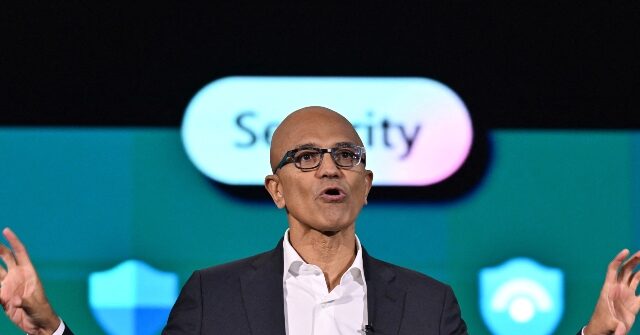The Federal Trade Commission (FTC) has initiated an investigation into Microsoft’s potentially anticompetitive practices, especially regarding an agreement made with the U.S. government amidst the backdrop of heightened cybersecurity threats following the SolarWinds hack in 2020. According to a report from ProPublica, Microsoft, in the summer of 2021, proposed a substantial investment of $150 billion over five years to enhance the digital security framework of government agencies. This deal included enticing terms, such as a year of complimentary access to its advanced G5 security features and the provision of consultants to assist in product implementation, making it a compelling offer for federal agencies navigating unprecedented cybersecurity challenges.
However, the agreement raised concerns about its implications for competition and vendor lock-in. Once an agency opted into Microsoft’s services, the terms were designed to create a dependency through steep exit fees for those wishing to switch providers. A Microsoft salesperson reportedly indicated that the strategy aimed to bolster Azure’s competitive position against its leading rival, Amazon Web Services (AWS). This action has brought Microsoft’s motivations under scrutiny, as critics suggest that such practices could be detrimental to fair competition in the market, particularly in the realm of government contracts that should ideally promote a diverse vendor ecosystem.
Opinions among legal experts vary regarding the potential antitrust violations associated with this arrangement. Some experts raise alarms that the agreement might contravene regulations governing gratuitous service contracts, which are supposed to allow federal agencies to receive services without compensation. James Nagle, a legal authority in federal contracting, expressed skepticism about the deal’s motivations, implying that Microsoft’s offer was not as straightforward as it appeared. He suggested that the arrangement carries a hidden agenda that may contravene laws designed to maintain fair competition when providing governmental services.
Conversely, other experts argue that responsibility may rest more with the federal government for not soliciting bids from other cybersecurity vendors. Peter Cohan, a management professor, remarked that Microsoft’s actions do not necessarily equate to illicit monopolistic behavior, as the government retained the option to consider alternative offerings. He pointed out that other cybersecurity firms could have potentially provided bids that might facilitate a more cost-effective solution for the government, revealing inefficiencies in the contracting process that could ultimately undermine competitive practices.
In defense of the agreement, Steve Faehl, Microsoft’s security leader for federal business, articulated that the primary objective during this initiative was to bolster the cybersecurity posture of federal agencies facing constant threats from sophisticated adversary nations. He emphasized the urgency presented by the situation, suggesting that Microsoft’s commitment was a proactive response to safeguard critical government systems, rather than an attempt to manipulate market dynamics. This assertion aligns with the narrative that the cybersecurity landscape necessitates rapid and decisive action in response to escalating threats.
As the FTC’s investigation unfolds, the outcomes may have significant implications for both Microsoft’s reputation and the regulatory landscape governing tech giants and their interactions with government entities. The inquiry delves into deeper questions about competition, fairness, and the role of major technology companies in national security. The ongoing scrutiny will likely prompt broader discussions regarding vendor relationships, procurement processes, and the balance between leveraging commercial capabilities and maintaining a competitive market for governmental needs. This investigation underscores the fine line that technology firms tread between providing essential services and fostering a monopolistic environment within critical sectors.

